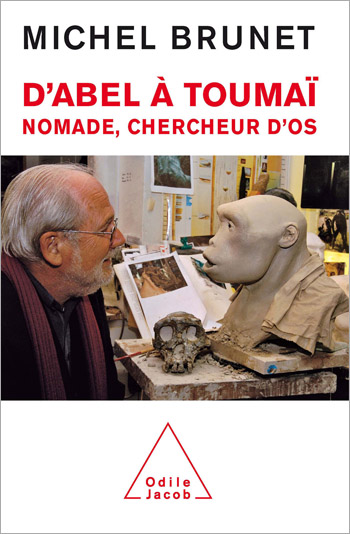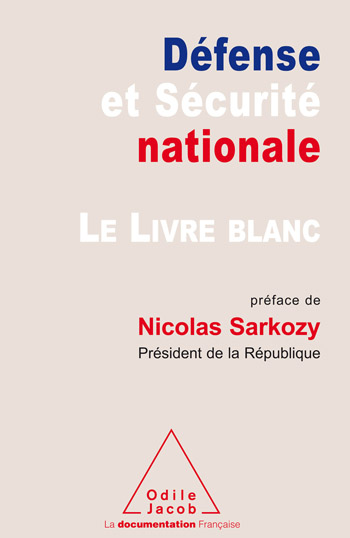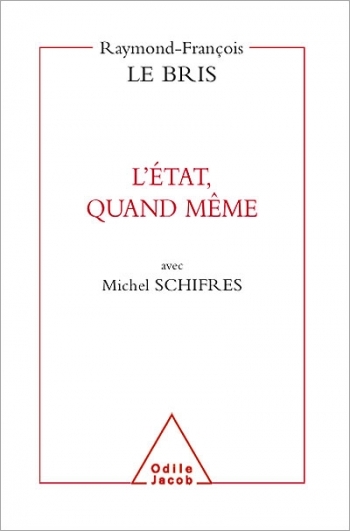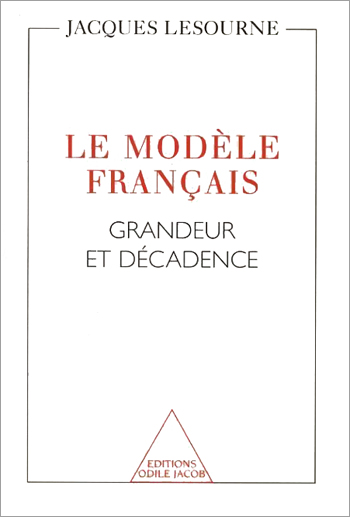Human Sciences All books
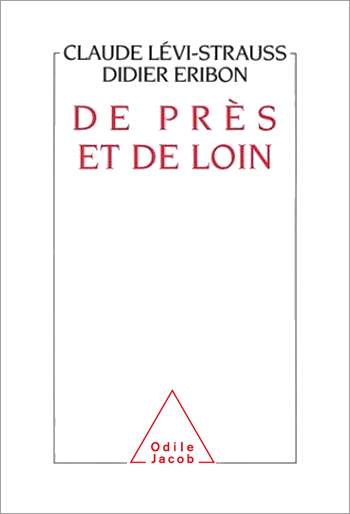
Claude Lévi-Strauss, Didier Éribon
From Far and Wide
A famous anthropologist, known as one of the greatest minds of our time, C. Lévi-Strauss is a discreet man whose autobiographical writings are few. His talks with D. Eribon not only present the reader with the keys to his works, but also convey a new perspective of our time, a 20th century of discovery and catastrophy. Through intellectual anecdotes, tales of trips and meetings, secret tastes and dislikes, we discover at the same time a great scholar, a privileged witness, and a passionate, witty man.
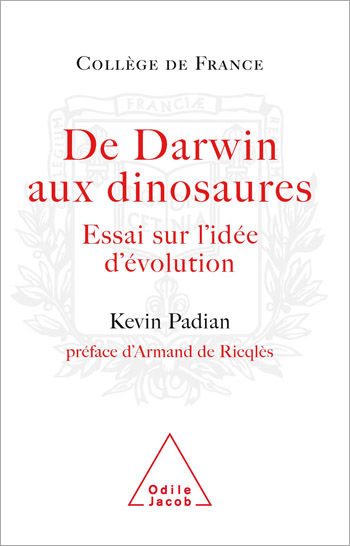
Kevin Padian
From Darwin to Dinosaurs (Work of the Collège de France) An Essay on the Idea of Evolution
In this book, Kevin Padian, world-renowned expert on dinosaurs, takes a historical approach to evolution and gives his view of some of the key problems of the theory of evolution
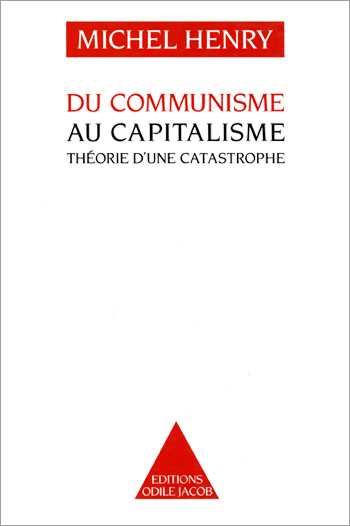
Michel Henry
From Communism to Capitalism : A Theory of Disaster
Communist totalitarianism is breaking apart because it rejected reality in favour of abstractions and falsely universal principles. Those who now rush West from Prague or Bucarest cannot imagine what awaits them: the levelling of values and individuality. M. Henry s work is a meditation against everything which undermines these disoriented refugees, whether it be spiritual starvation, creative thirst, or physical hunger.
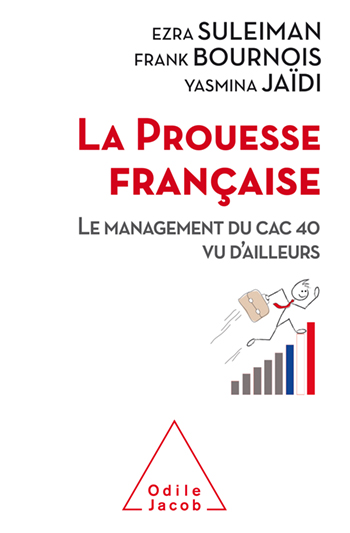
Ezra Suleiman, Yasmina Jaïdi, Frank Bournois
The French Prowess Management, French-style
More than 2,500 foreign executives from 20 CAC 40 companies were interviewed for this broad survey of French management. The extent of this analysis is the key to the richness of the book. Concrete advice for executives and directors of human resources to improve their management style.
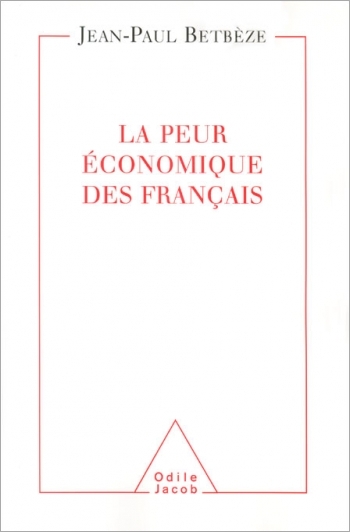
Jean-Paul Betbèze
French people's economic fear
France has economic possibilities, but it remains blocked in several areas. Although the country's leaders are aware of this, they seem unable to make the necessary reforms to move forward. France seems to be the prey of fears that paralyse it, but which have benefited a new class of economic as well as social rentiers who constitute a powerful economic, ideological and political group. These new rentiers are fully cognisant that the defence of their acquired privileges is not a practical long-term solution - as has been shown by rising deficits, decreased competitiveness and job losses. The author argues that it is necessary to make changes and implement reforms - and to do so it is essential to understand and overcome existing fears. It cannot be expected that everything will be changed at once, but some initial efforts must be made. The single reform that will fix everything does not exist, he says, but this is hardly an excuse for refusing to make a start. In other countries, programmes for economic reform are being implemented. Yet France is only beginning to consider such reforms. The object of this book is to provide a greater understanding of the present situation, in the form of a how-to manual. A ruthless analysis of some of France's psychological blocks, apprehensions and economic fears, this book can be regarded as a sort of economic psychotherapy. In addition, the author provides a critique of the false solutions that hinder modernisation and proposes his own solutions for change and reform. Jean-Paul Betbèze is a professor of economics at the University of Paris Panthéon-Assas and a member of the French prime minister's Council for Economic Analysis. He is a consultant to the president and the C.E.O. of a major bank and the author of Les Dix Commandements de la finance, which was awarded the Risques-Les Echos Prize in 2004.
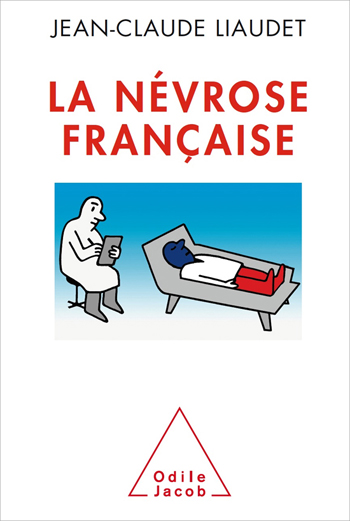
Jean-Claude Liaudet
The French Neurosis
A psychoanalyst examines France’s collective neurosis and asks: Can the patient be cured?
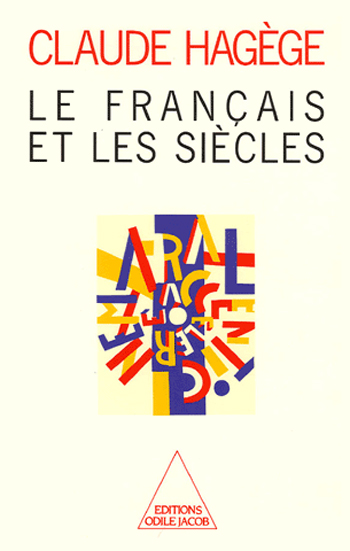
Claude Hagège
The French Language and the Centuries
Claude Hagege illustrates how the internal purity of the French language, less endangered than one might think, has been pushed aside in favor of its external promotion, less real than one might imagine. He increases our awareness of a major reality of the times. The French language is no longer the exclusive property of France; it has become an international affair. Claude Hagege is a professor at the Collège de France.
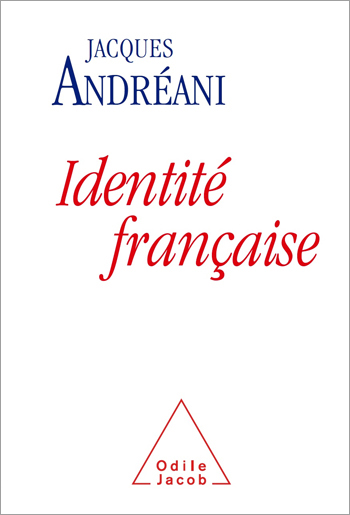
Jacques Andréani
The French Exception
An expert on foreign affairs, Jacques Andréani draws on his extensive international experience to enhance his examination of what it means to be French.
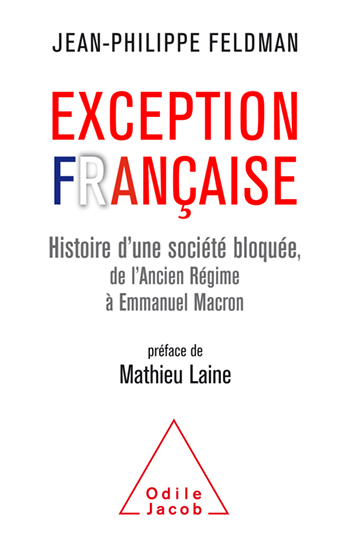
Jean-Philippe Feldman
The French Exception From the Ancien Régime to Emmanuel Macron, the story of a blocked society
Abundant historical documentation used to address a current issue and a very heated polemical debate.



